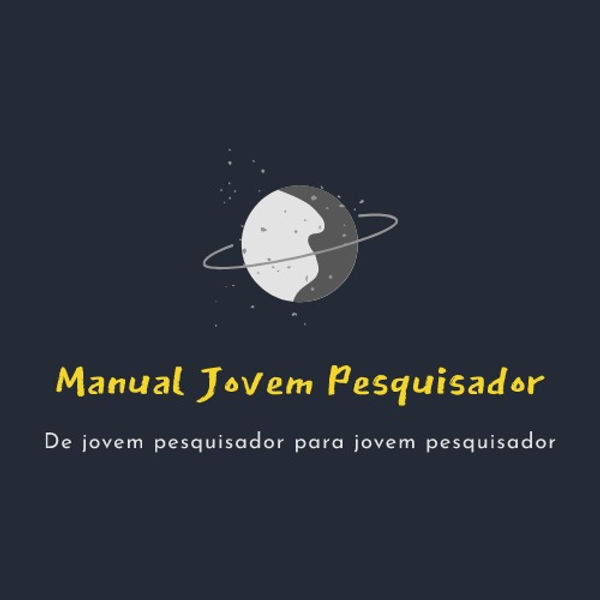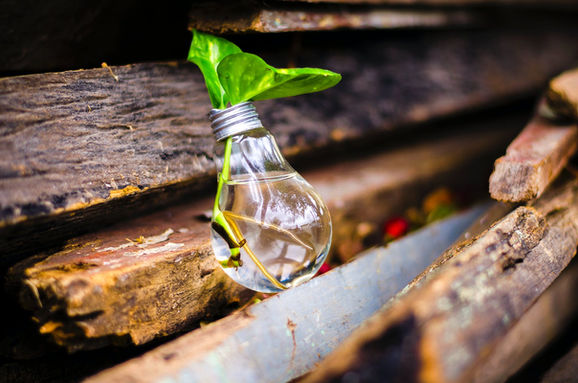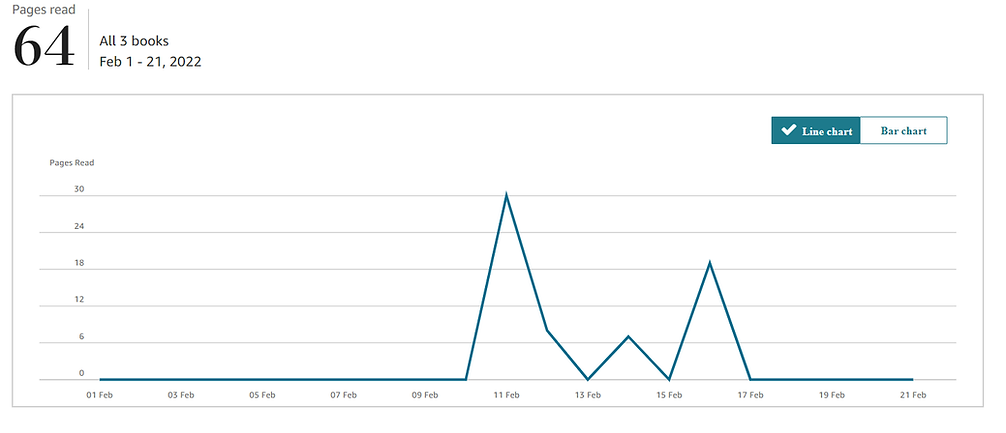JOIN OUR WEBSITE
Write to our blog and create discussion on our Forum
Young researcher's pocket manual: from scientific initiation to postdoctoral studies, vol. 1.: scientific initiation
What is Scientific Initiation?
The scientific method is the process by which we seek to study the world around us using pre-established tools and methodologies. In addition to these tools and methodologies, we have “people” who interact to apply these tools and methodologies to solve problems in our society.
Scientific Initiation (CI) can be seen as the first contact with this ecosystem (people + methodologies and tools + institutions). Put this way, it is extremely important that this period is well done. When possible, instructions are given.
This ebook features:
Exercises for reflection;
Online blog continuing the discussions;
Forum;
Website dedicated to the ebook;
Possibility to speak with the author;
podcast;
More to come! 😎😎

BEST SELLERS IN "RESEARCH IN EDUCATION AND REFERENCE BOOKS"
#4 in Education Research and Reference Books 😎😁😀

BEST SELLERS IN RESEARCH IN EDUCATION AND REFERENCE BOOKS
Among Amazon's 10 "Best Sellers in Education Research and Reference Books" 😎😁😀

ON THE LIST OF THE MOST DOWNLOADED
We've been on the Amazon Kindle Store's 100 Most Downloaded list since launching in education. 😎😁😀
A report from a young researcher to a young researcher
 |  |  |
|---|---|---|
 |  |  |
 |  |  |
YOUNG RESEARCHER'S POCKET MANUAL: FROM SCIENTIFIC INITIATION TO POST-DOCTORAL
Young researcher's pocket manual: from scientific initiation to postdoctoral studies is an initiative by young researcher Jorge Guerra Pires. The book was written with young researchers in mind, without thinking about pleasing institutions and professors. It can be an excellent source of knowledge. Despite being very superficial in topics, it can be the starting point for further reading.
AUTHOR'S BIO, JORGE GUERRA PIRES
What have I done . I've been writing and teaching biological systems modeling to laypeople since my doctorate, where I launched some local courses, at the University of L'Aquila, where I did my master's and doctorate. Since then, I have powered a YouTube channel, blogs and other ways to spread knowledge and discussions, with a strong online focus. I am literally passionate about biology, math, programming, and anything that makes my brain work!
training . I have a doctorate from the University of L'Aquila/Italy, recognized in Brazil by the University of São Paulo (USP) in bioinformatics. I did 2 postdoctoral studies, one at the Federal University of Bahia (UFBA) and another at the Oswaldo Cruz Foundation (Fiocruz). I also did a double master's degree from the University of L'Aquila and Technical University of Gdansk/Poland; my degree is from the Federal University of Ouro Preto in Production Engineering.
Who was and is the student Jorge Guerra Pires? he was not a model student, restless, he always questioned a lot; curiously, we cannot question when learning, Socrates' method. This manual is one of the concerns; this angered many teachers, but it also captivated the hearts of others. Our academic system can be very "academic", dissatisfaction shown in several writings, among them this manuscript.

OUR MISSION
08 January 2021
“Young researcher's pocket manual: from scientific initiation to post-doctoral studies” has as its mission to provide insights to young researchers, so that they can navigate this often challenging career, but extremely important for the progress of science! We would not have science without young researchers. Even giants were once young, learning ABC's. An observation that I made in my master's degree: the young researchers (undergraduate, masters, doctorates, and postdocs) really carry the research of Brazil on their backs. We are the researchers, taking risks and putting our faces to the test; it's us doing the hard work.

“A genius is not born, but is educated and trained.”
Laszlo Polgar
"In this stage of university practice, the student-researcher carries out the first moments of academic research, such as academic writing, the presentation of results at events, the systematization of ideas, the systematization of theoretical references, the synthesis of observations or experiences, the elaboration of reports and other activities involving the office of researcher." wikipedia












































